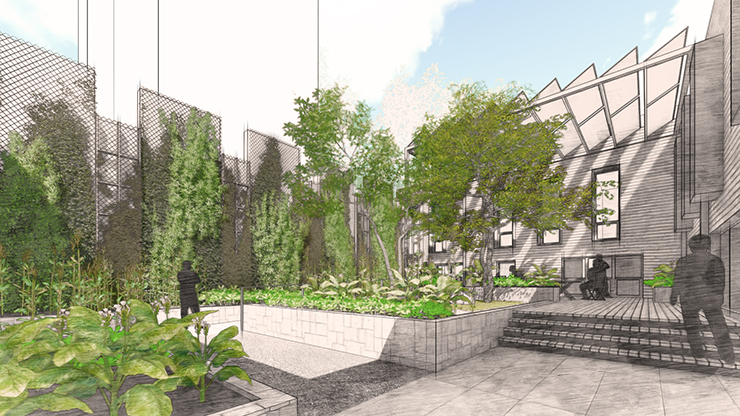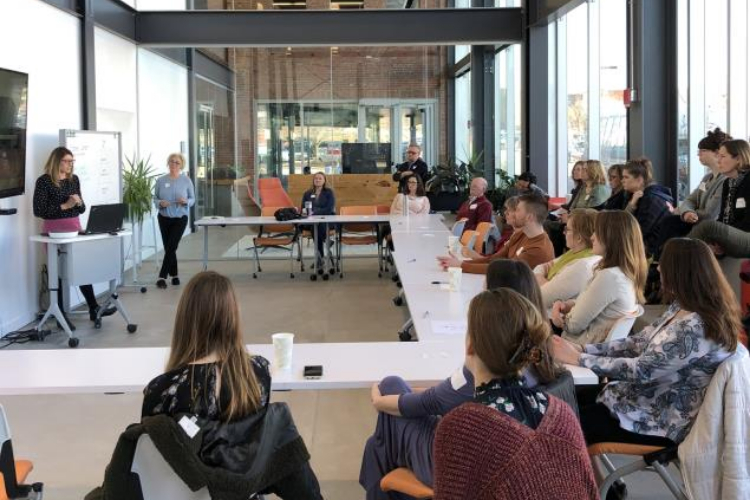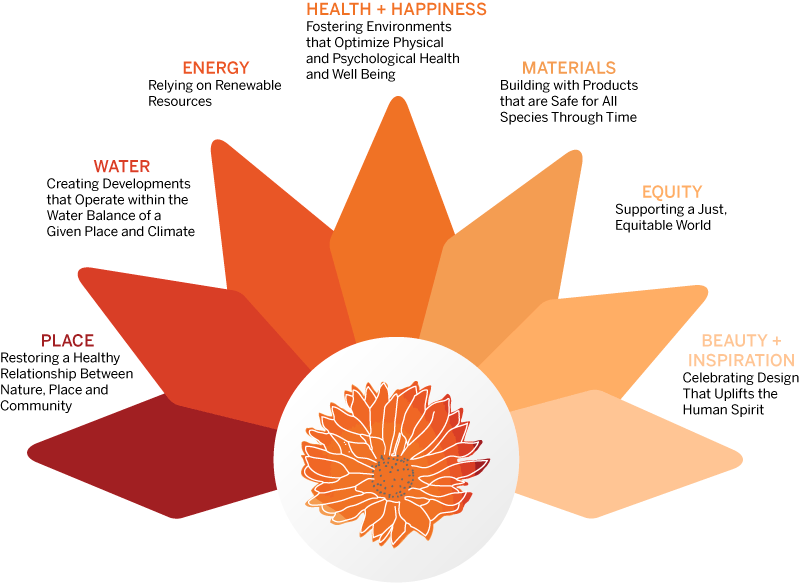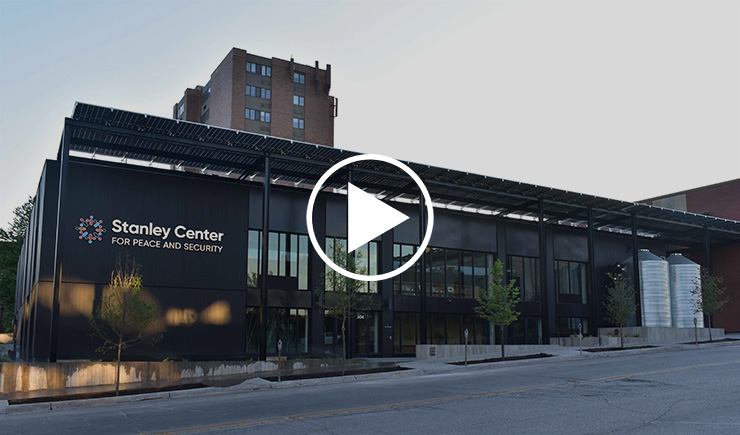LBC Petal – Materials
The Living Building Challenge (LBC) promotes a responsible materials economy: a model that calls for locally-sourced construction materials that are non-toxic and pose little to no impact on humans or the environment. The LBC also nurtures product transparency by requiring materials to be red-list-free.




